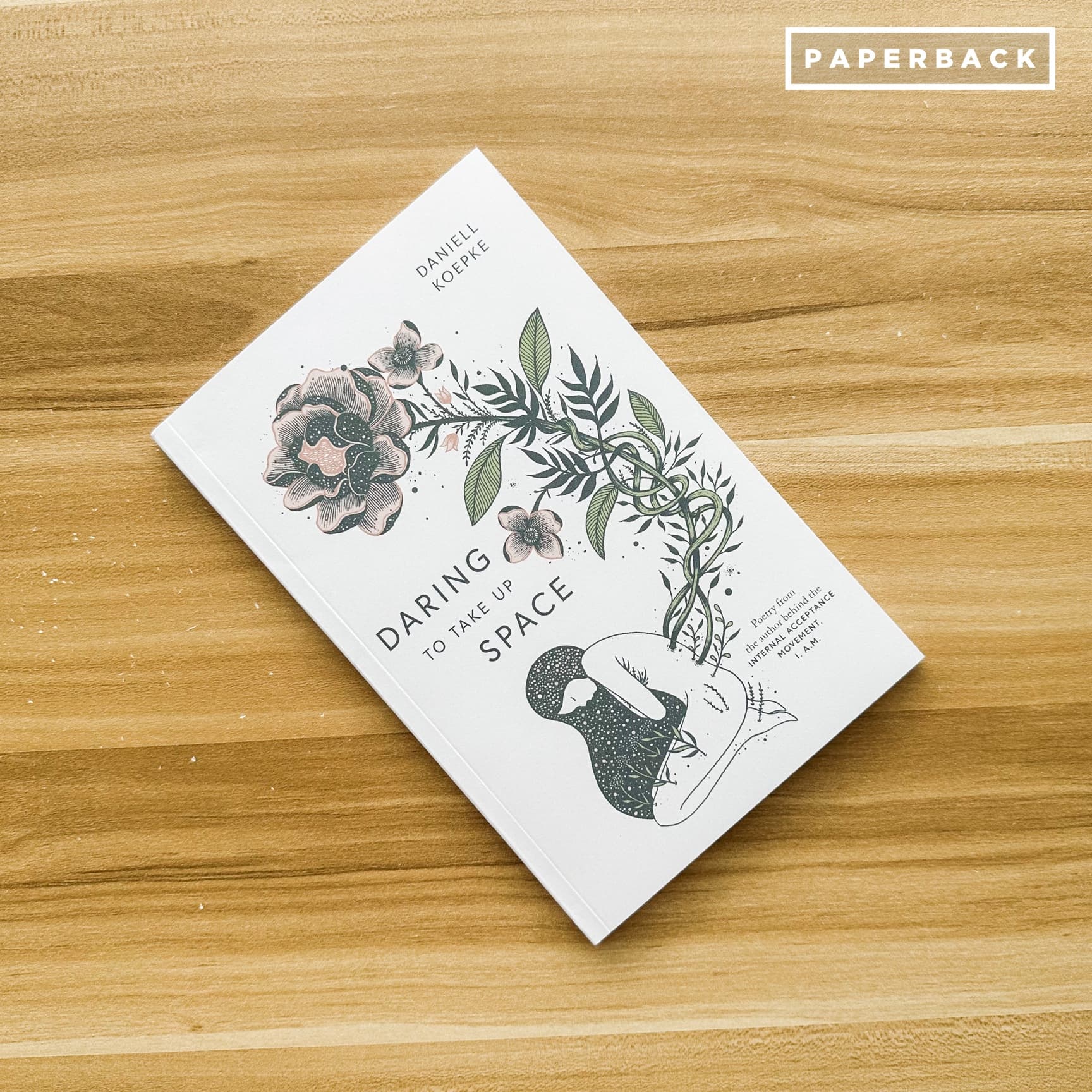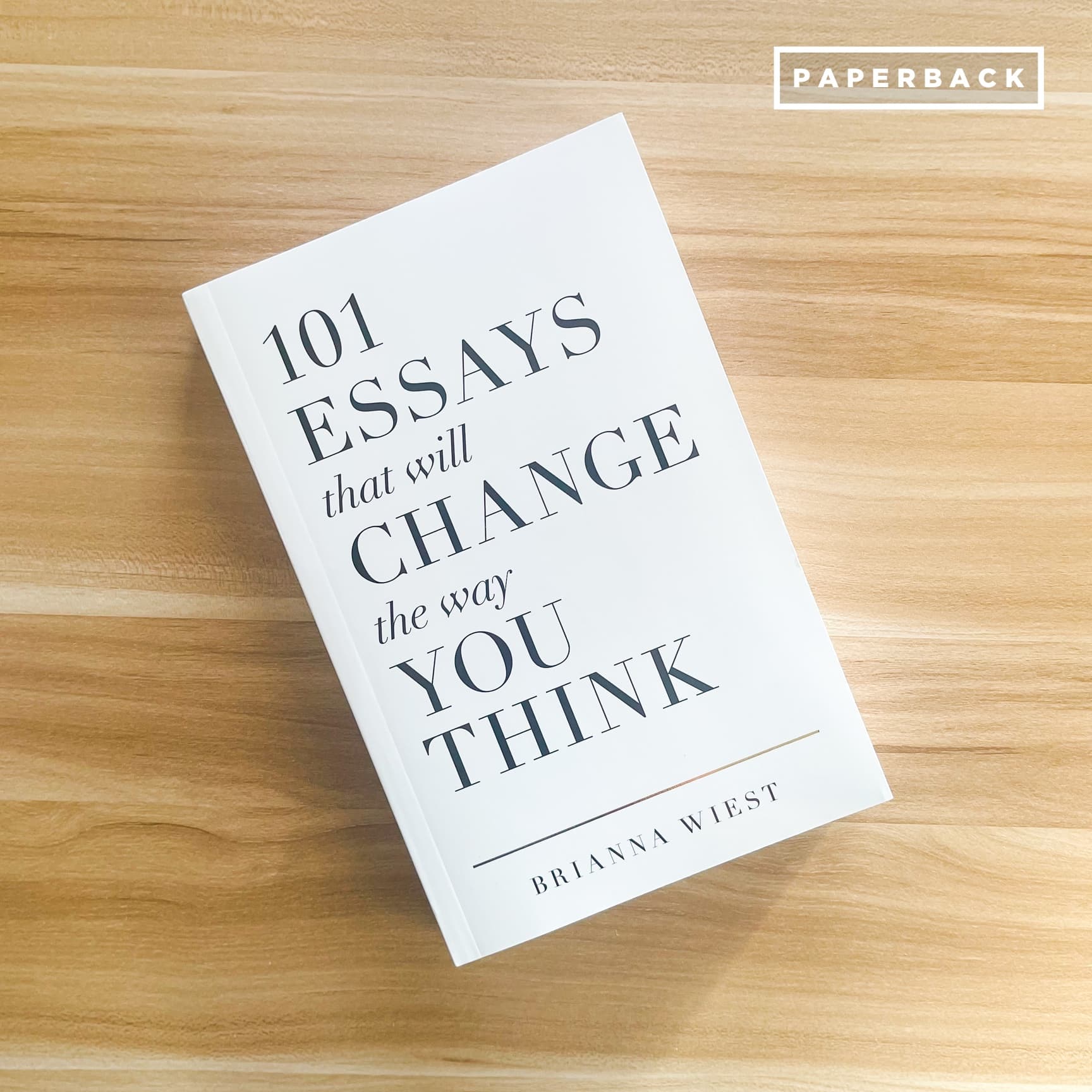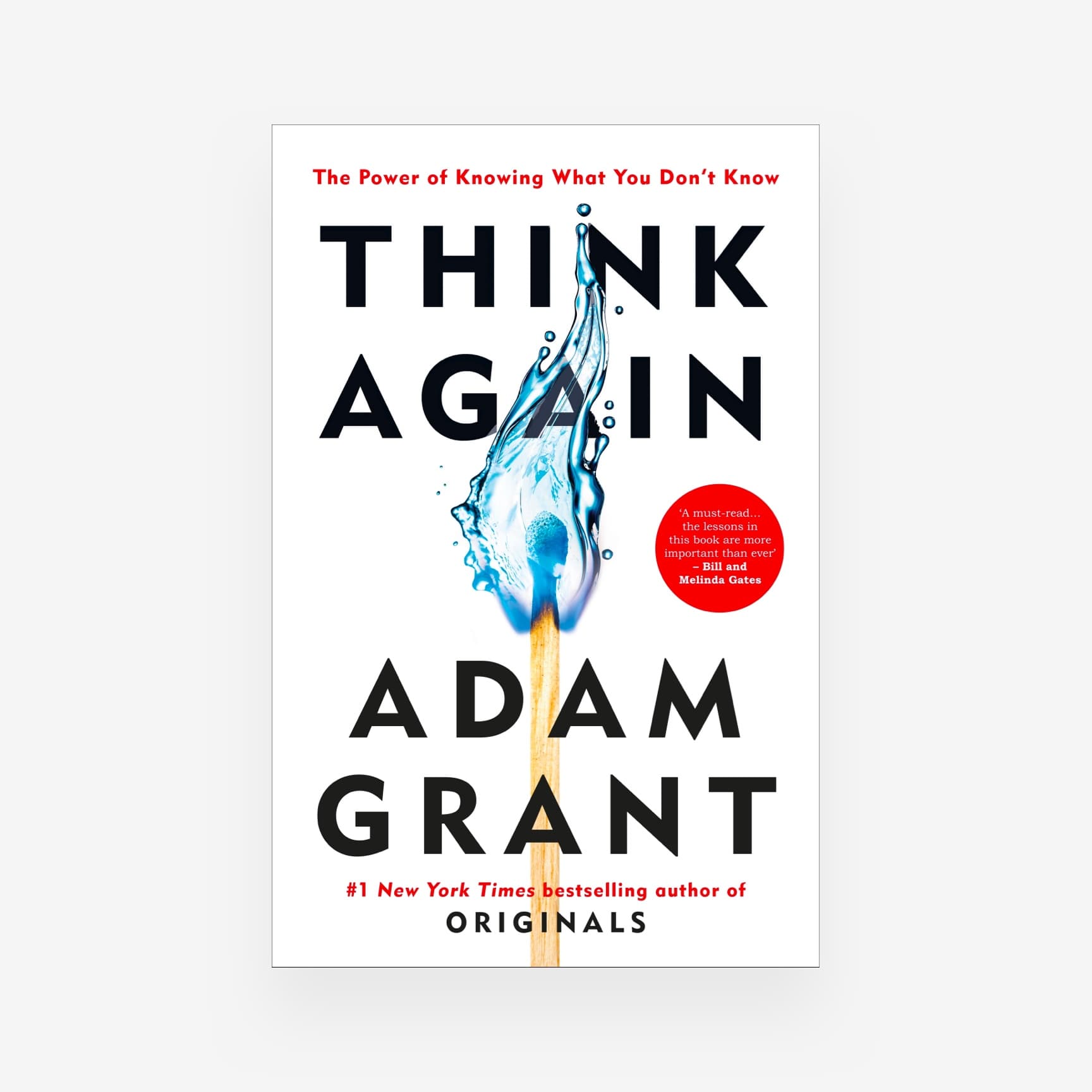In a world where the mind often feels like a battleground, overrun by thoughts that never seem to quiet down, finding peace can feel like an impossible feat. For many of us, overthinking and anxiety become constant companions, casting a shadow over our daily lives and leaving us feeling trapped within our own minds.
But amidst the chaos, there is hope. "Get Out of My Head: Inspiration for Overthinkers in an Anxious World" by Meredith Arthur offers a guiding light for those navigating the complexities of overthinking and anxiety. Through insightful anecdotes, practical exercises, and words of wisdom, Arthur provides readers with the tools they need to reclaim control of their minds and find peace amidst the chaos.

Photo from the wires
1. Embrace Imperfection
Author Meredith Arthur emphasizes the importance of accepting imperfection as a part of the human experience. By letting go of the need for perfection, we can alleviate the pressure we put on ourselves and find greater peace of mind. Remember, it's okay to make mistakes and learn from them.
2. Practice Mindfulness
Arthur offers practical tips for incorporating mindfulness into daily life. From deep breathing exercises to mindful meditation, she encourages readers to cultivate present-moment awareness as a powerful tool for managing overthinking and anxiety. By staying grounded in the present moment, we can reduce stress and improve our overall well-being.
3. Challenge Negative Thought Patterns
The book teaches readers how to identify and challenge negative thought patterns that contribute to overthinking and anxiety. By reframing negative thoughts and practicing self-compassion, we can cultivate a more positive and empowering mindset. Instead of dwelling on worst-case scenarios, focus on finding solutions and opportunities for growth.
4. Set Boundaries
Arthur emphasizes the importance of setting boundaries to protect our mental health and well-being. Whether it's saying no to excessive commitments or establishing healthy communication habits, setting boundaries allows us to prioritize self-care and maintain healthy relationships. Remember that it's okay to put yourself first and prioritize your own needs.
5. Cultivate Self-Acceptance
Ultimately, "Get Out of My Head" teaches us the importance of embracing ourselves exactly as we are. By embracing our flaws and vulnerabilities, we can find strength in our authenticity and live a life filled with purpose and joy. Remember that you are worthy of love and acceptance just as you are.
6. Practice Self-Compassion
Arthur emphasizes the importance of practicing self-compassion, especially during times of struggle or hardship. Instead of being hard on ourselves for our mistakes or shortcomings, she encourages us to treat ourselves with kindness and understanding. Remember that you are doing the best you can, and it's okay to ask for help when you need it.
7. Focus on What You Can Control
One of the key lessons from "Get Out of My Head" is the importance of focusing on what we can control, rather than dwelling on things beyond our control. By directing our energy towards actionable steps and solutions, we can reduce feelings of helplessness and regain a sense of agency in our lives.
8. Practice Gratitude
Arthur encourages readers to cultivate a practice of gratitude as a way to shift their perspective and cultivate a more positive mindset. By focusing on the things we are grateful for, we can train our brains to see the good in life and foster feelings of happiness and contentment.
9. Connect with Others
Overthinking and anxiety can often lead to feelings of isolation and loneliness. "Get Out of My Head" reminds us of the importance of connecting with others and seeking support from friends, family, or mental health professionals. Remember that you are not alone, and there are people who care about you and want to help.
10. Take Small Steps
Finally, Arthur encourages readers to take small, manageable steps towards overcoming overthinking and anxiety. Instead of trying to tackle everything at once, focus on making gradual progress and celebrating small victories along the way. Remember that change takes time, and every step forward is a step in the right direction.
In essence, "Get Out of My Head" is more than just a book; it's a lifeline for anyone who has ever felt consumed by their own thoughts. With its blend of empathy, insight, and practical advice, it offers a roadmap for navigating the turbulent waters of overthinking and anxiety, guiding readers towards a brighter, more hopeful future.






















